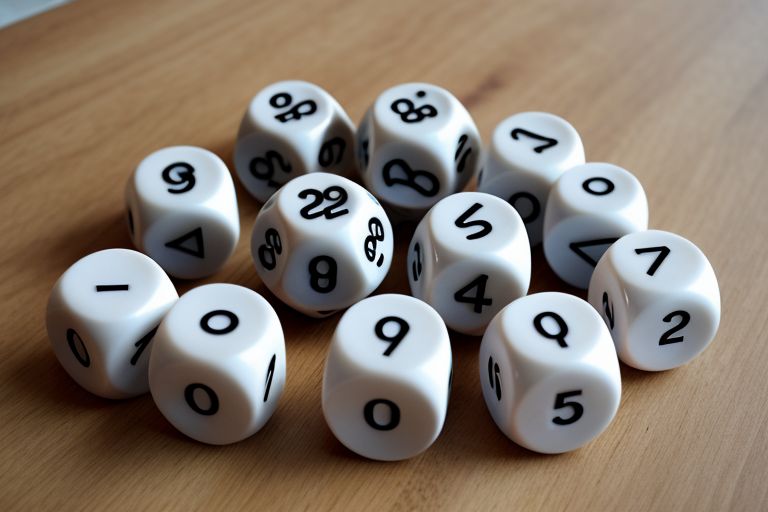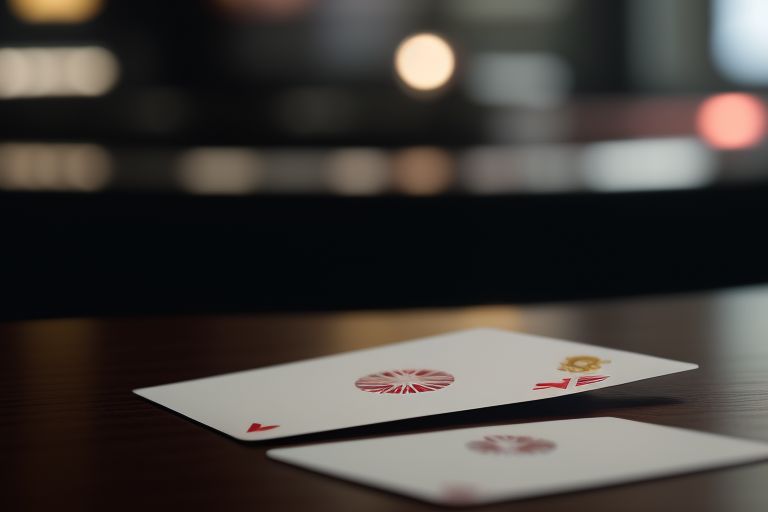If you’ve ever delved into the world of lotteries or panel charts, you might have come across the term Madhur Night Panel Chart. This concept can seem a bit mysterious at first, but understanding it can give you a leg up in your guessing game. Why is guessing so crucial, and how can you refine your techniques to potentially boost your chances? In this article, we’ll explore the ins and outs of the Madhur Night Panel Chart, effective guessing strategies, and much more. So, let’s dive in!
Understanding Madhur Night Panel Chart
What is the Madhur Night Panel Chart?
The Madhur Night Panel Chart is a tool used primarily in the context of Indian lottery games. It consists of a series of numbers arranged in a panel format, typically displayed for nightly draws. This chart is used to analyze previous results and predict future outcomes. It’s like a map of past patterns, and by studying it, players hope to make more informed guesses about future numbers.
How Does it Work?
The chart functions by recording and displaying historical lottery numbers. Players examine these numbers to detect patterns or trends. The idea is that by understanding past outcomes, one can make educated guesses about future draws. It’s akin to studying weather patterns to predict tomorrow’s weather—you’re using historical data to forecast future results.
Why Guessing Matters
The Role of Guessing in Lottery and Panel Chart Games
Guessing is at the heart of lottery games and panel charts. While luck plays a significant role, skilled guessers use various techniques to improve their odds. It’s not just about randomly picking numbers; it’s about making informed choices based on available data. Think of it like playing poker: while luck is a factor, strategy and observation can give you an edge.
Statistical Analysis vs. Intuition
There’s often a debate between relying on statistical analysis and intuition. Statistical analysis involves studying patterns and trends from historical data, while intuition might come from personal experience or gut feeling. Combining both approaches can be a powerful strategy. For instance, you might use statistical models to narrow down your choices but rely on intuition to make the final pick.
Techniques for Effective Guessing
Data Analysis Techniques
Historical Data Review
One of the primary methods for effective guessing is reviewing historical data. By analyzing past results from the Madhur Night Panel Chart, you can identify recurring numbers or patterns. This involves looking at which numbers frequently appear and at what intervals. It’s like detective work—you’re piecing together clues to forecast future events.
Pattern Recognition
Another technique is pattern recognition. Some players believe that numbers often appear in specific sequences or patterns. For example, you might notice that certain numbers tend to follow others. Recognizing these patterns can help you make more educated guesses.
Mathematical Approaches
Probability Theory
Probability theory is another tool in your guessing arsenal. It involves calculating the likelihood of various outcomes based on historical data. While this approach doesn’t guarantee results, it can help you understand which numbers are statistically more likely to appear.
Statistical Models
Statistical models use mathematical formulas to predict future outcomes based on past data. These models can range from simple averages to complex algorithms. By inputting historical data into these models, you can generate predictions that might give you an edge in your guessing strategy.
Intuitive Strategies
Psychological Factors
Sometimes, intuition can be guided by psychological factors. For example, you might have a “lucky” number or a feeling that a certain number is due. While this isn’t a science, many experienced guessers rely on their instincts alongside analytical methods.
Common Practices Among Experienced Guessers
Experienced guessers often develop their own strategies and practices. These might include observing trends, setting personal rules for number selection, or keeping a guessing diary to track what works and what doesn’t. It’s about finding a balance between data-driven methods and personal intuition.
Tools and Resources for Guessing
Online Platforms and Software
Review of Popular Guessing Tools
In the digital age, numerous online platforms and software tools can assist with panel chart guessing. These tools often provide historical data analysis, pattern recognition features, and statistical modeling capabilities. Reviewing and selecting the right tool can enhance your guessing strategy.
How to Use These Tools Effectively
To use these tools effectively, familiarize yourself with their features and functionalities. Many tools offer tutorials or user guides, which can be invaluable in learning how to interpret data and make predictions.
Books and Guides
Recommended Reading
Several books and guides delve into the art of guessing and statistical analysis. Reading expert literature can provide deeper insights into effective strategies and common pitfalls. Some recommended titles include books on probability theory, statistical analysis, and lottery strategies.
Key Takeaways from Expert Literature
Expert literature often emphasizes the importance of a balanced approach—combining data analysis with intuitive strategies. Key takeaways include understanding the limitations of predictions and continually refining your methods based on new data.
Common Myths and Misconceptions
Debunking Lottery Myths
Chance vs. Skill in Lottery Games
A common myth is that lotteries are purely games of chance with no room for skill. While luck is undoubtedly a significant factor, skillful guessers use data and strategies to improve their odds. It’s not about guaranteeing a win but enhancing your probability of success.
Misunderstood Strategies
What Doesn’t Work
Many strategies are misunderstood or overhyped. For instance, relying solely on “lucky” numbers or superstitions often leads to disappointment. Effective guessing requires a blend of data analysis and intuitive strategy, not just luck.
Best Practices for Guessing
Maintaining a Balanced Approach
Combining intuition with data analysis is crucial. Use historical data and statistical models to inform your guesses, but also trust your instincts. This balanced approach can help you make more accurate predictions.
Avoiding Common Pitfalls
Mistakes to Avoid for Better Accuracy
Avoid common pitfalls such as relying solely on luck or ignoring historical data. Instead, develop a comprehensive strategy that includes both data-driven methods and personal intuition. Regularly review and adjust your approach based on your results and experiences.
Conclusion
In summary, the Madhur Night Panel Chart is a valuable tool for those engaged in lottery games and similar activities. Effective guessing combines historical data analysis, mathematical approaches, and intuitive strategies. By using a balanced approach and leveraging the right tools and resources, you can enhance your guessing skills and potentially improve your odds. Remember, while no method guarantees success, a thoughtful and informed approach can make a significant difference.









